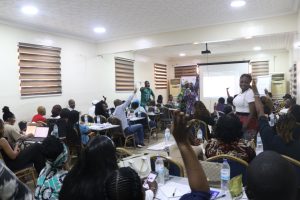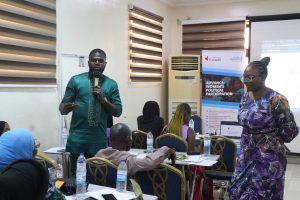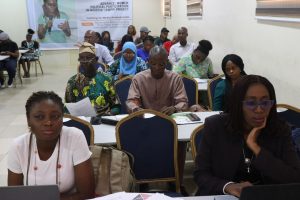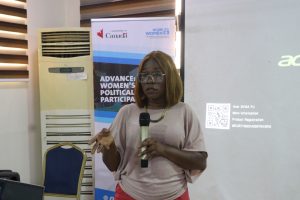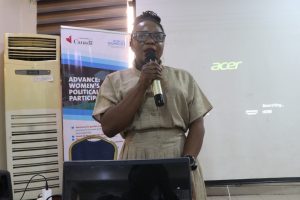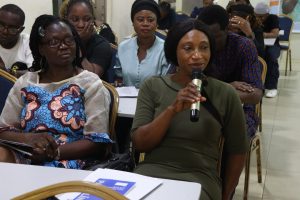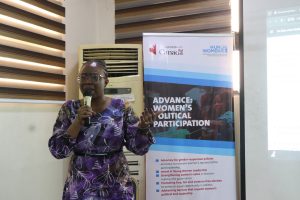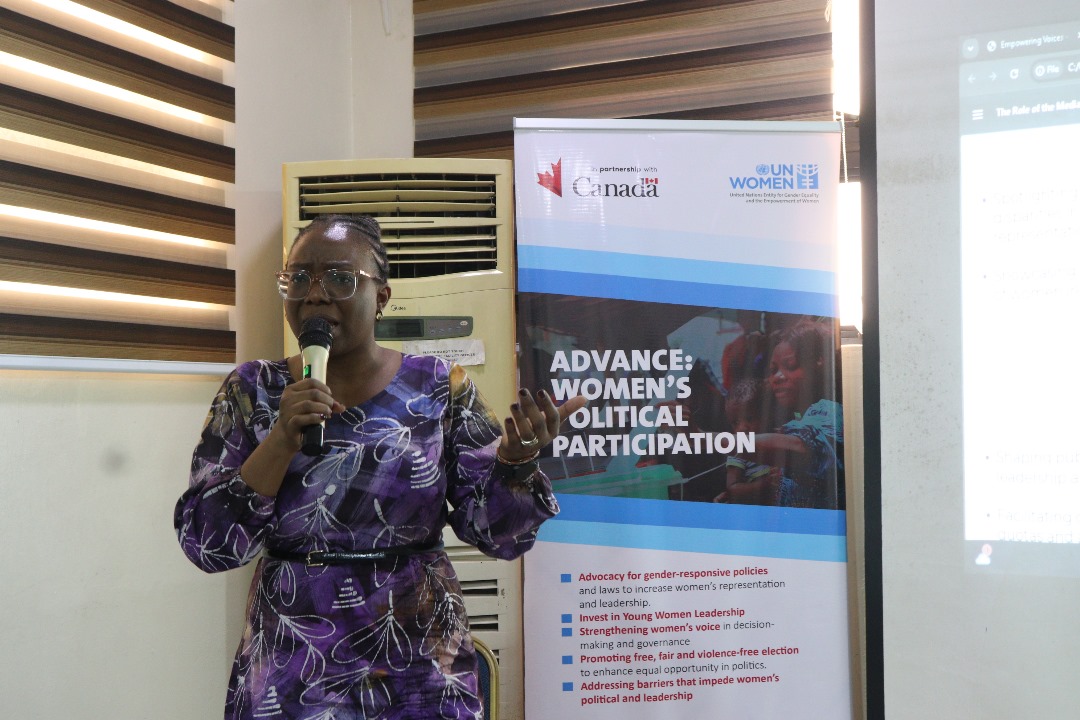
ARDA, UN WOMEN JOIN FORCES WITH MEDIA TO ADVOCATE IMPLEMENTATION OF SUPPORTIVE POLICIES FOR WOMEN IN POLITICS
By Aishat Momoh. O.
In a significant effort to enhance the political representation of women in Nigeria, the African Regional Development Association (ARDA) and UN Women, supported by the Canadian government, hosted a workshop for journalists on Wednesday in Lagos.
The event aimed to address the underrepresentation of women in political leadership roles and to equip media professionals with the tools necessary to advocate for change.
The workshop provided a platform for in-depth discussions on the current landscape of women’s political participation in Nigeria. Topics included the barriers women face in both elected and appointed positions, an overview of Nigeria’s legal framework—including the Constitution, Electoral Act, and National Gender Policy—and the role of international policies that support women’s involvement in politics. Participants also examined how responsible media practices can influence policy and promote gender-sensitive reporting.
The facilitator Mrs. Jesudunsin Odusanya highlighted that while Nigeria struggles with women’s political representation compared to other countries, there are positive developments in states like Kwara, Taraba, and Lagos, where efforts are being made to increase female political participation.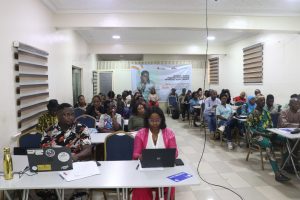
Despite persistent challenges such as inadequate funding, cultural biases, religious constraints, and sexual harassment, the workshop underscored the media’s potential to combat these issues. Journalists were encouraged to adopt inclusive reporting practices that foster gender equality and challenge discrimination in politics.
Media expert Adebisi Adetunji emphasized the importance of mentorship for aspiring female leaders, urging Nigerian women to seek substantial political roles rather than confining themselves to traditional positions. She expressed concern over lingering misconceptions about women’s leadership capabilities and called for a shift in perception.
Held at the Lagos Chamber of Commerce and Industry (LCCI), this workshop represented a transformative step toward recognizing women’s political representation as a fundamental right. With proactive media engagement, the initiative aims to inspire more Nigerian women to pursue leadership positions, reinforcing the notion that the benefits of political engagement are accessible to all, regardless of gender.